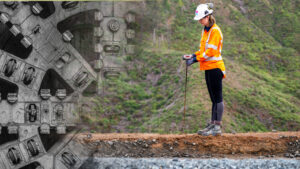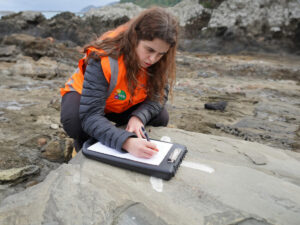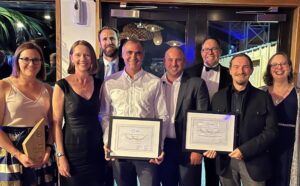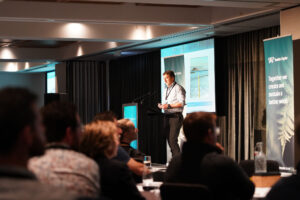Water NZ Stormwater Conference, 2024, Wellington
Stormwater management is a critical aspect of creating sustainable and resilient cities in the face of pressures such as ongoing urbanisation, ageing infrastructure, climate change, loss of productive soils and infrastructure affordability. However, the continued degradation of our waterways is evidence that the prevailing notion of ‘sustainable’ stormwater management isn’t working and a paradigm shift is required. This paper explores the application of systems thinking to the domain of stormwater management, emphasising the importance of adopting a holistic perspective and using non-structural solutions to enhance system resilience and regenerative outcomes (i.e. outcomes that achieve restoration across multiple domains rather than simply the reduction of harm. Show more…Systems thinking is a holistic approach to understanding and solving problems by examining the interconnected relationships and dynamics within systems. Unlike linear thinking (which focuses on isolated cause-and-effect relationships) or reductionist approaches, systems thinking recognises the interdependence of various elements to better understand system behaviour. In this sense, systems thinking is a perspective that can be applied to any technical field and is needed more than ever to develop robust and enduring responses to society’s many complex challenges.
Stormwater management in New Zealand in recent decades has typically focused on managing three primary objectives: (1) flooding, (2) stream erosion and (3) water quality. These have typically been managed with the adoption of structural solutions such as pipes and devices such as ponds, while the implementation of approaches such as Water-Sensitive Urban Design (WSUD) has been limited. This approach of focusing on managing the symptoms of changes to the water cycle (runoff quality and quantity) rather than root causes (e.g. increases in impervious area) has contributed to an urban environment characterised by high imperviousness that results in poor stormwater outcomes as well as a host of non-stormwater related city planning issues.
However, as urbanisation continues at a historic pace and local government faces increasing financial pressure, can we really continue to rely on (attempting to) engineering our way out of the problem? The conventional approach to stormwater management, with a heavy reliance on engineered devices and infrastructure, has led to residual environmental effects (as demonstrated by the continued degradation of our waterways), low levels of resilience, and high embodied carbon emissions. Is this approach really sustainable?
Approaches such as WSUD and sponge cities are discussed as examples of a systems thinking approach that can provide more robust and resilient solutions than conventional stormwater management (when applied well). However, incorrect implementation and limited uptake of these approaches shows that these frameworks are not enough on their own without further system interventions.
This paper seeks to use a systems thinking lens to examine the current approach to stormwater management in New Zealand, why it is falling short, and examples of systemic solutions that could lead to better outcomes. The aim of this paper is to equip stormwater practitioners with some of the language, tools and principles of systems thinking in the context of stormwater management to aid with a shift toward regenerative solutions. Show less…

















